Palekastro – Vai – Toplou Monastery
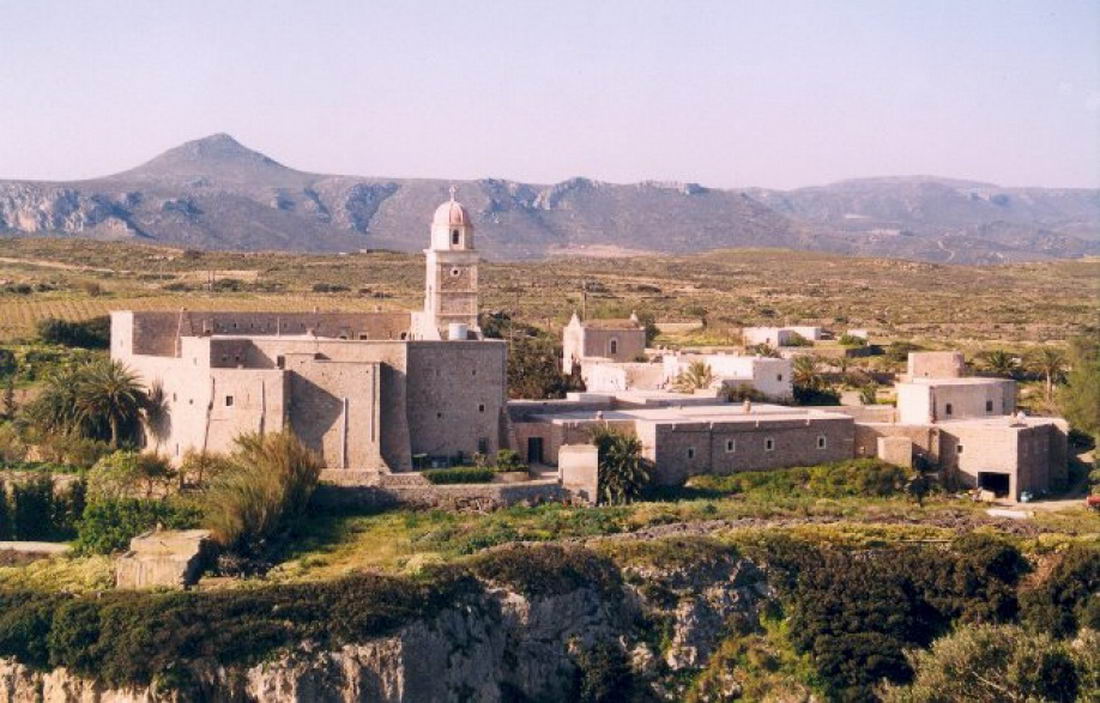
Palekastro is a village 18 km away from Sitia. It took the name due the ruins of an old castle on the top of the hil l(Palekastro in Greek means old castle). It is not the capital of the municipality of Itanos and a fast growing turistic place due to the fact that is surrounded with marvellous beaches like Itanos, Chiona, Kouremenos, etc.
Sitia Geopark
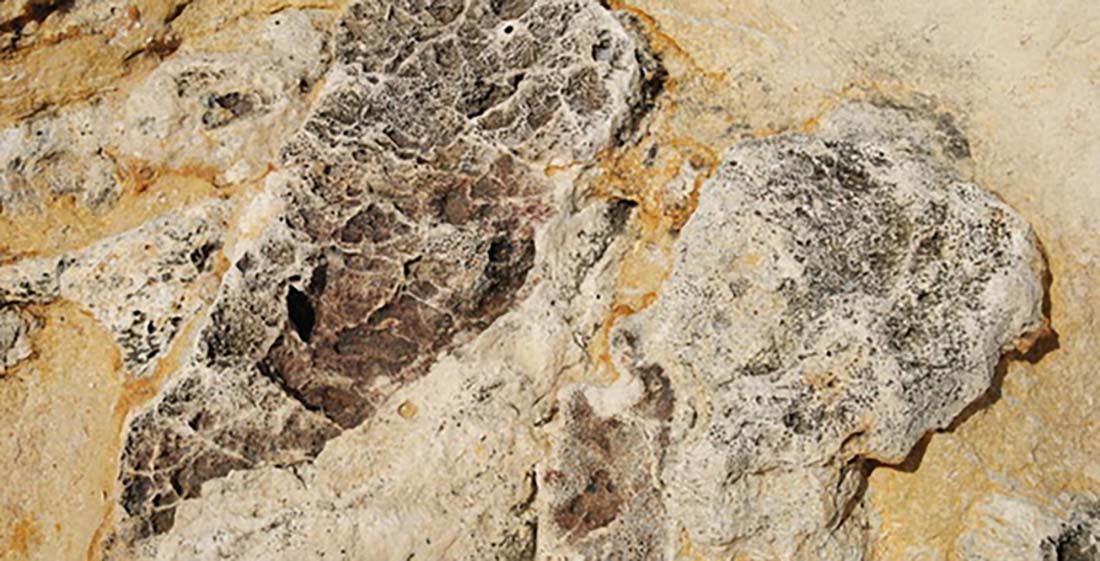
On the eastern-most edge of Crete, Greece, at Sitia Geopark, the heritage of the earth remains unspoiled and untouched by human hands. The rock formations and soil have a unique presence thanks to the variations in their color and shape over time. They create a sub-stratum, a basis on which life was evolved – life that was frozen forever by natural processes, locked within rock, life that continues to thrive persevering in the palm forest of Vai and the banks of the gorges.
Archaeological Museum of Sitia
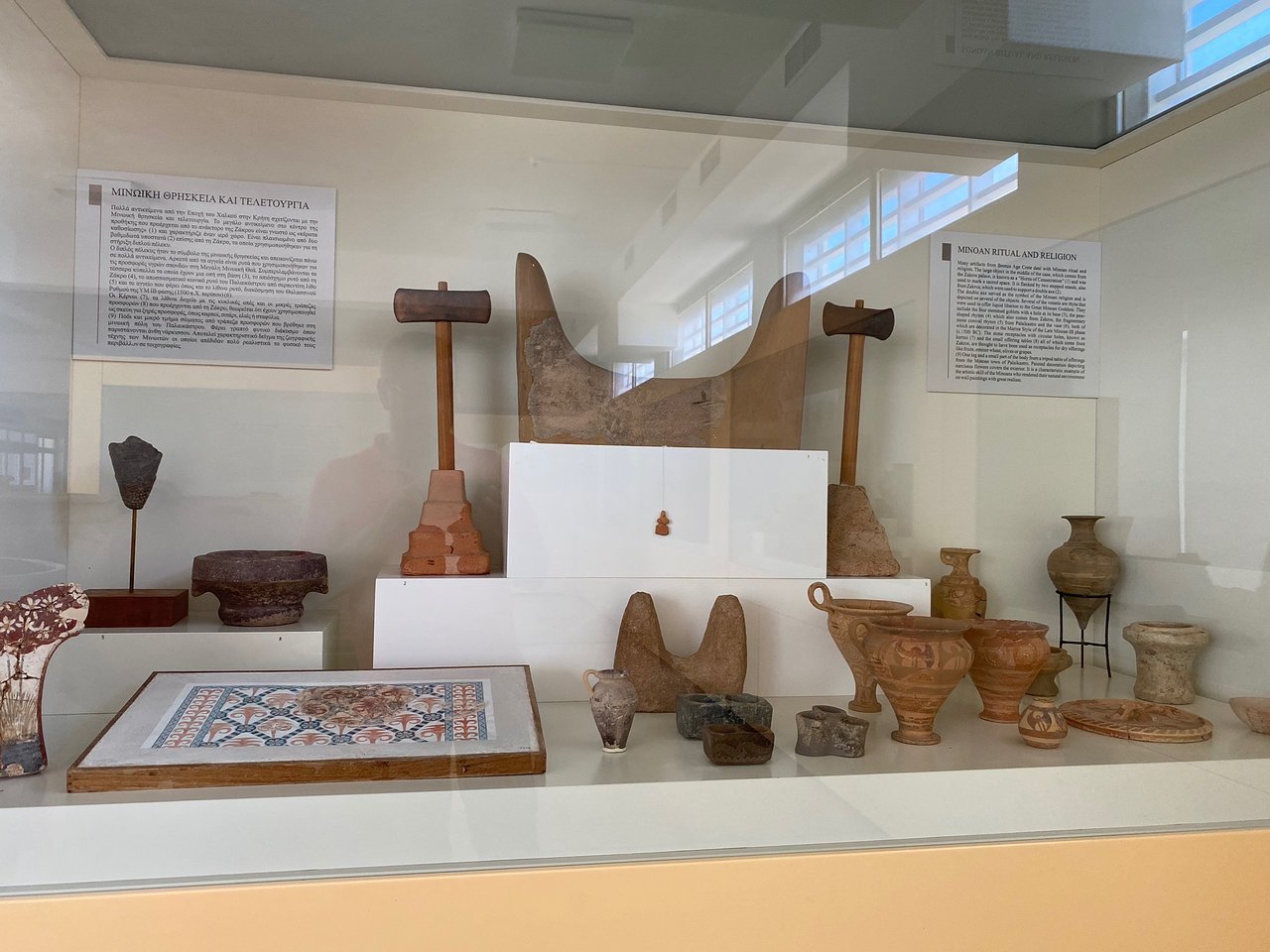 The Archaeological Museum of Sitia operates since 1984 and hosts the most important archaeological finds from eastern Crete (from Sitia, Palekastro, the islets of Mochlos and Psira, the necropolis of St. George, the palace of Zakros, the Hellenistic town of Xerokambos, Ziros, Makrigialos, Lefki island and ancient Itanos).
The Archaeological Museum of Sitia operates since 1984 and hosts the most important archaeological finds from eastern Crete (from Sitia, Palekastro, the islets of Mochlos and Psira, the necropolis of St. George, the palace of Zakros, the Hellenistic town of Xerokambos, Ziros, Makrigialos, Lefki island and ancient Itanos).
Sitia
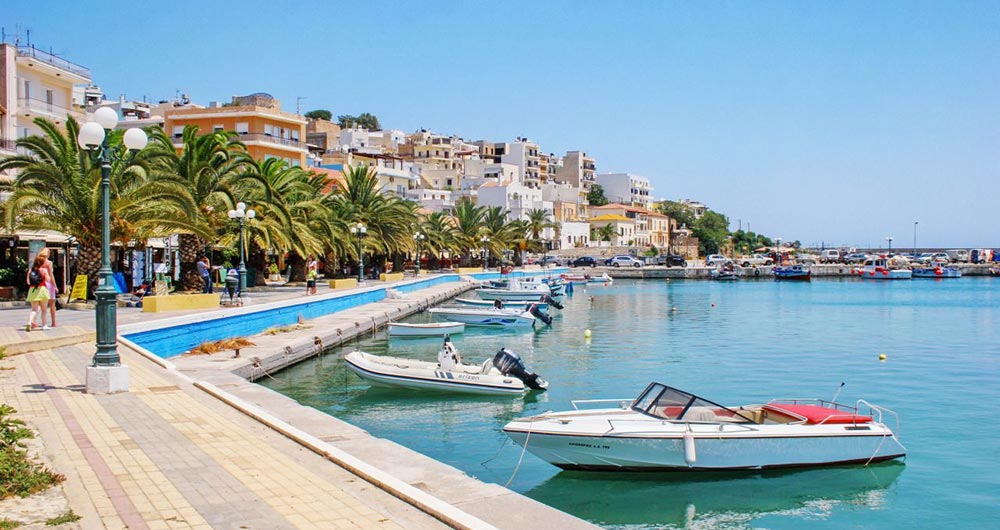 >Sitia is the easternmost city on Crete near the Cape Sidero, 64km from Agios Nikolaos. It is a city with about 10,000 residents, built on the west side of the bay of Sitia, on a warm and dry area. Sitia has the only airport in eastern Crete and the most important port, with ferries running to Piraeus, Milos, Rhodes, Kassos and Karpathos. There are frequent bus services to Ierapetra and Agios Nikolaos, and great efforts are being made to improve the road network linking it with the rest cities of Crete. It is a very well organized city with many shops, tourist facilities, hospitals, banks, etc. The residents work mainly with agriculture and tourism.
>Sitia is the easternmost city on Crete near the Cape Sidero, 64km from Agios Nikolaos. It is a city with about 10,000 residents, built on the west side of the bay of Sitia, on a warm and dry area. Sitia has the only airport in eastern Crete and the most important port, with ferries running to Piraeus, Milos, Rhodes, Kassos and Karpathos. There are frequent bus services to Ierapetra and Agios Nikolaos, and great efforts are being made to improve the road network linking it with the rest cities of Crete. It is a very well organized city with many shops, tourist facilities, hospitals, banks, etc. The residents work mainly with agriculture and tourism.
The antiquities of Koufonissi
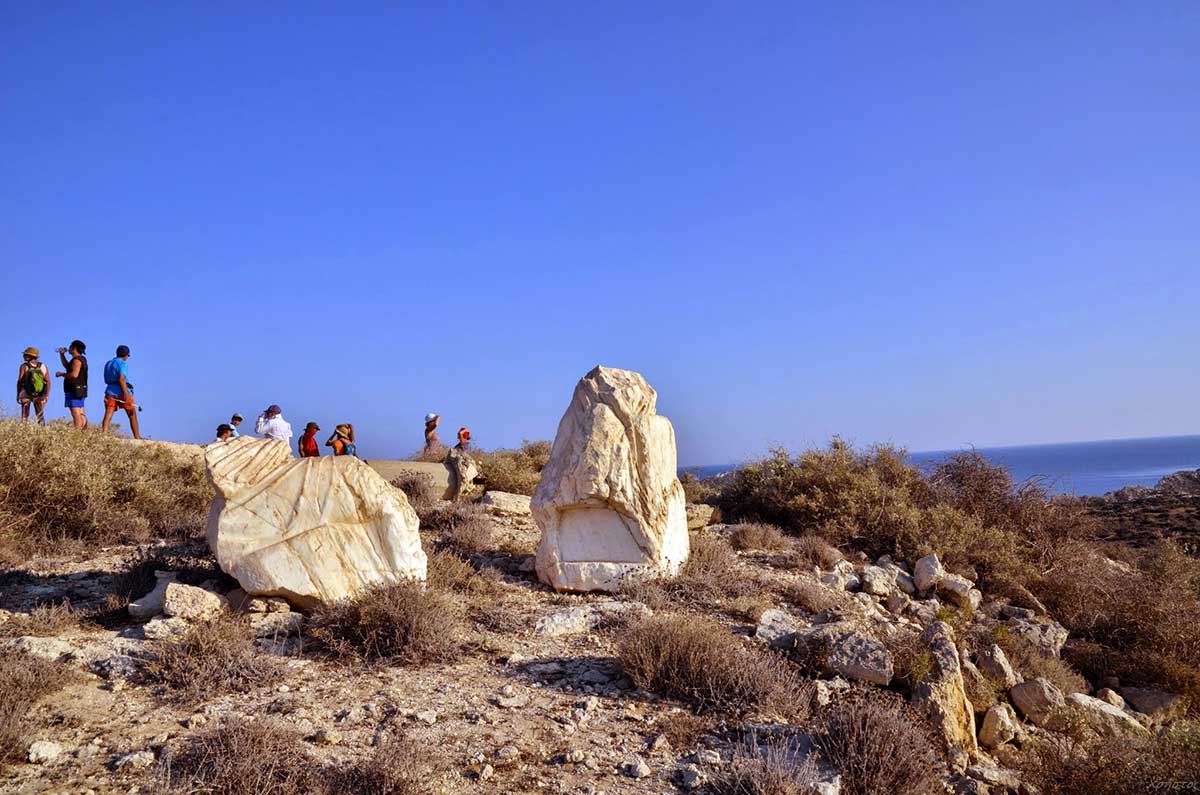
The narrow but often wavy strip of sea separating the islands from the opposite shores of Crete was not an obstacle to the continued presence of human in ancient times. The ancient name Lefki (meaning white), was given by the glint of white limestone and marl in the sunlight.
Koufonissi island
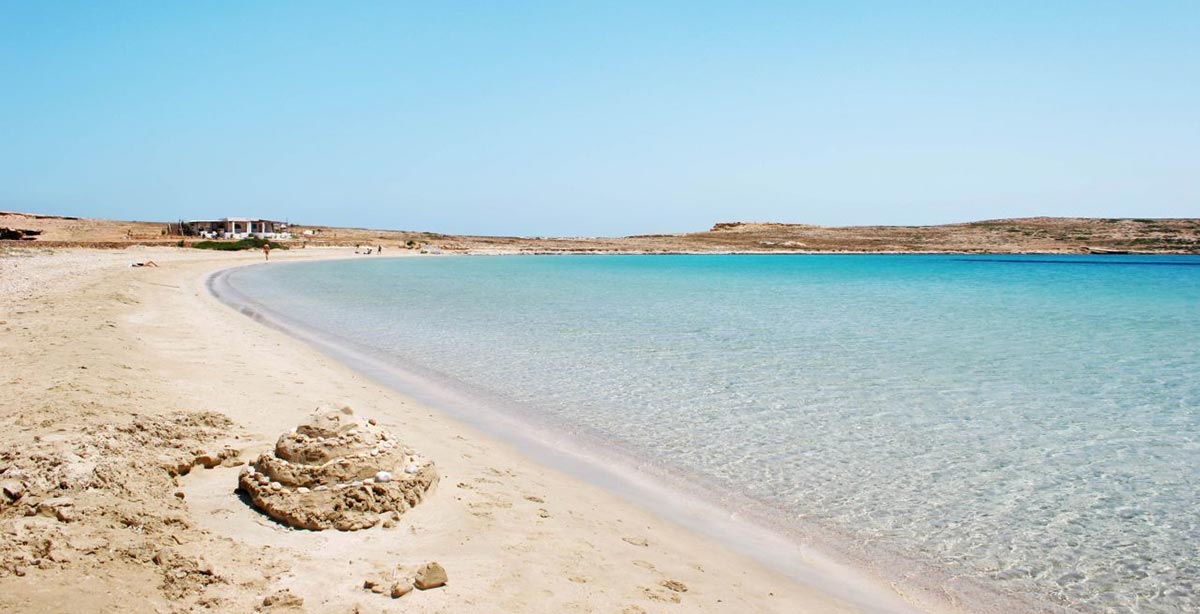
Koufonissi is a small island in the Libyan Sea, 3.5 miles south of Cape Goudouras and 10 miles southeast of Makrigialos. The island is roughly six kilometres long and 5.5 kilometres across. It has an entire surface area of 5.25 km². Koufonissi is the largest of a cluster of 5 islands: Koufonisi, Makroulo, Strogilo, Trachila and Marmara. The ancient name Lefki (meaning white), was given by the glint of white limestone and marl in the sunlight. Instead, the current name, Koufonissi (meaning Cave-Island), is related to the many pits and caves shaped by the sea and rain. According to a second stronger version, the name comes after the many rats of the island, which are called "koufa" by locals.




